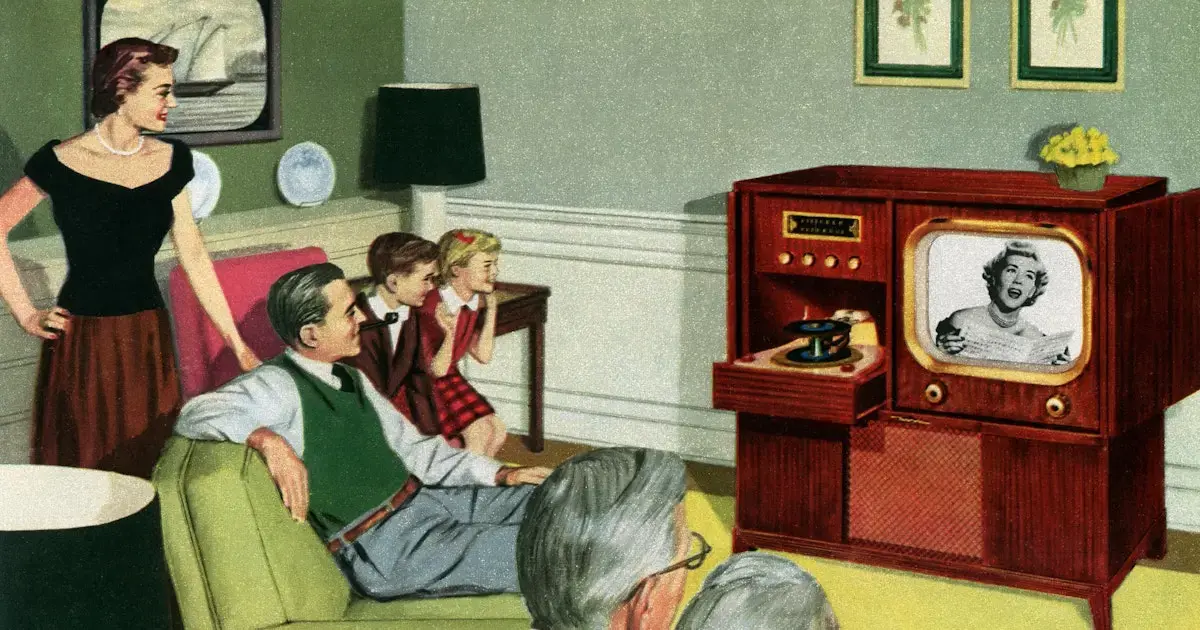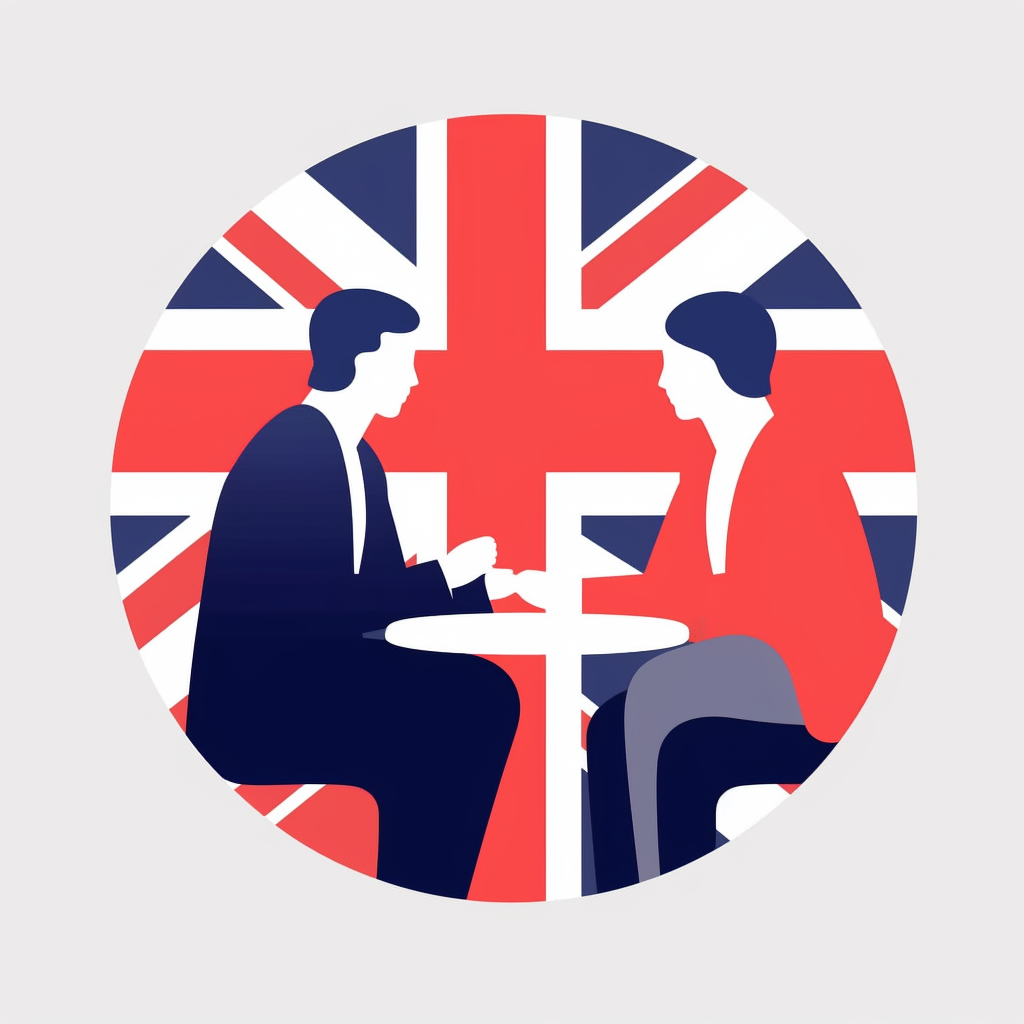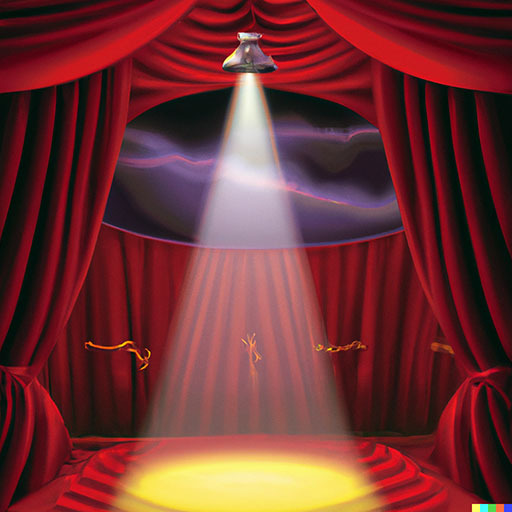alex [they/them]
- 12 Posts
- 11 Comments
The photo looks amazing! If you’re ready for the maintenance and the labour market lets you do it, then do it!

 5·1 year ago
5·1 year agoSome personal blogs that I like (mine included), all of them are indie and as far as I know they all are maintained by a single person (so they don’t post several times a day!):

 6·1 year ago
6·1 year agoTwo websites that I use quite a lot to find cool personal blogs/RSS feeds:
- Ye olde blogroll is a hand-curated list of interesting personal blogs in English
- The IndieWeb webring is a webring where people with indie blogs (ie. no substacks, no big websites, etc.) can sign up to get more visibility, it’s a real treasure trove
Signal >>>>>>>> WhatsApp > texting > Telegram >>>>>>> Messenger.

 1·1 year ago
1·1 year ago
Over the past year, couldn’t be bothered to scroll more than that :)

 1·1 year ago
1·1 year agoBeing LGBTQ+, or not white, or not a man, or disabled.

 2·1 year ago
2·1 year agoFirefox user here.
- Bitwarden password manager
- Bypass Paywalls Clean
- Clear URLs remove URL trackers
- Highlight or Hide Search Engine Results to hide some unwanted websites from search results
- Open in VLC™ media player, useful for some weird streams
- Push to Kindle sends any text article to PDF or to your ereader (not only Kindle)
- Recipe Filter filters recipe pages on blogs and just gets the actual ingredients & instructions
- Redirector for a few paywalls where I use a specific proxy
- RSS Reader Extension (by Inoreader) - as I use Inoreader for following RSS feeds
- Sci Hub Injector adds sci-hub links to many science publishing websites for easy access
- Shinigami Eyes highlights trans-friendly and transphobic social media users or websites
- uBlock Origin
- ViolentMonkey for userscripts
Extensions to be helpful to other people:
- Picket Line Notifier tells you if the website you are visiting has workers on strike - useful especially for ecommerce & news publishers
- Snowflake is not noticeable for me, but allows other people to use my network as a Tor node or something idk
- Wayback Machine archives every page I visit on the Internet Archive.
Fediverse extensions:
- FediAct allows me to boost, reply to, follow, etc. on any Mastodon instance without having to open the right link in my own instance. I wish there was something like this for Lemmy and Peertube.
- Fedishare allows for one-click sharing to several Fediverse platforms, including Lemmy and Mastodon
- PeerTubeify tries to check if a YouTube video you’re watching is also on PeerTube
Youtube extensions:
- Auto HD / 4k / 8k pour YouTube™ - I use it for the environment, so default quality is 480px (because usually I watch the videos on a small side window so it doesn’t change the visible quality)
- Clickbait Remover for YouTube - replaces thumbnails with a frame from the video and makes all titles normally named, no all caps
- DF YouTube (Distraction Free) - removes the homepage & sidebar on videos to avoid rabbit holes
- SponsorBlock auto-skips sponsored segments, intros, credit rolls, etc. on YouTube videos

 1·1 year ago
1·1 year agoahhhh welcome to the discworld!!
They’re beautiful!
Here are my notes on the video. Formatting may be a bit broken so you can also find it on my website.
Foundational concepts of a library economy
Advantges of a library economy are:
- Less production
- No wasted things in storage
- No point for excess and planned obsolescence
Usufruct
Based on Murray Bookchin’s The Economy of Freedom.
Usufruct is the freedom of individual or groups to access and use (but not destroy) common resources to supply their needs - as opposed to limitation of access based on exclusive ownership.
Imagine this applied to: libraries of decor, libraries of furniture, libraries of tools. You could borrow cushion, designs, paintings, then switch things out; you could borrow a shovel for a weekend or while you need it.
_A note from Alex:
__My hometown has an art library that belongs to the city library network. They have loads of paintings, and you can borrow 3 paintings for 3 months at a time, for free, with the only obligation being that you need your home to be insured.
Bibliothèques de Grenoble
_Irreducible minimum
Guaranteed minimum resources to sustain life, that everyone should have access to regardless of their individual contribution to the community.
Libraries provide free access to knowledge (note from Alex: and fun!), but that’s just one component.
Libraries of consumables (food, drugs, toiletries…) might be difficult to imagine. A library economy needs dispensaries of necessities: a cooking collective, with common farming, could work to provide everyone with enough food.
An emphasis on slow fashion by diverse retailers would ensure clothing that lasts, in the style we like. For this we’d need a vast reorientation of all our priorities.
Complementarity
People must choose themselves how they labour and how they leisure. Nothing should be defined by, or limited to, what they contribute themselves. They should always get satisfaction and joy from what they do.
For the things that no one enjoys, find ways to rotate, gamify or transform these tasks.
Imagining a library economy
Based on 5 laws of library science, first conceived by S.R. Ranganathan in 1931.
- Books are for use: things are meant to be used, not hoarded. Make them accessible: location, hours of operation, comfort & quality of service.
- Every person has their book.
- Every book has its reader. Applied more broadly: develop a collection that’s as broad as possible to serve all needs and wants, no matter how niche, because that’s what creates an abundant life.
- Try to save the time of the user. Libraries require a lot of effort to maintain. We need systems, services, etc. to manage the resources as efficiently as possible.
- A library is a growing organism. A library economy should always be growing and evolving, the project is never complete.
A few common concerns
- Will this system make us dependent on others? We already depend on others.
- How would we provide for everyone? We definitely have the technological capacity to do it, we just don’t distribute it fairly as of now.
- I like owning things, I don’t have to borrow things I use all the time! Nothing says you’re not allowed to own stuff! Keep everything as long as you need, but also, if you really love something and use it enough to justify owning it, get your own!
- What about scarcity? The community should organize to distribute things efficiently: booking times, wait lists…
- Who administers this system? We must all administer it and have a say in the decisions. Popular assemblies will allow for that. We can have a few people full-time for administration etc.
Visualize pockets of library economies that connect with one another and end up spreading worldwide!


















That sounds like pretty great care! I’d recommend using a conditioner that’s made for coloured hair, otherwise I think you’re good to go! (And don’t shampoo it too often, twice a week should be enough for most people - bleach dries up the hair and so does shampoo, and dry hair means dandruff & greasy hair!)